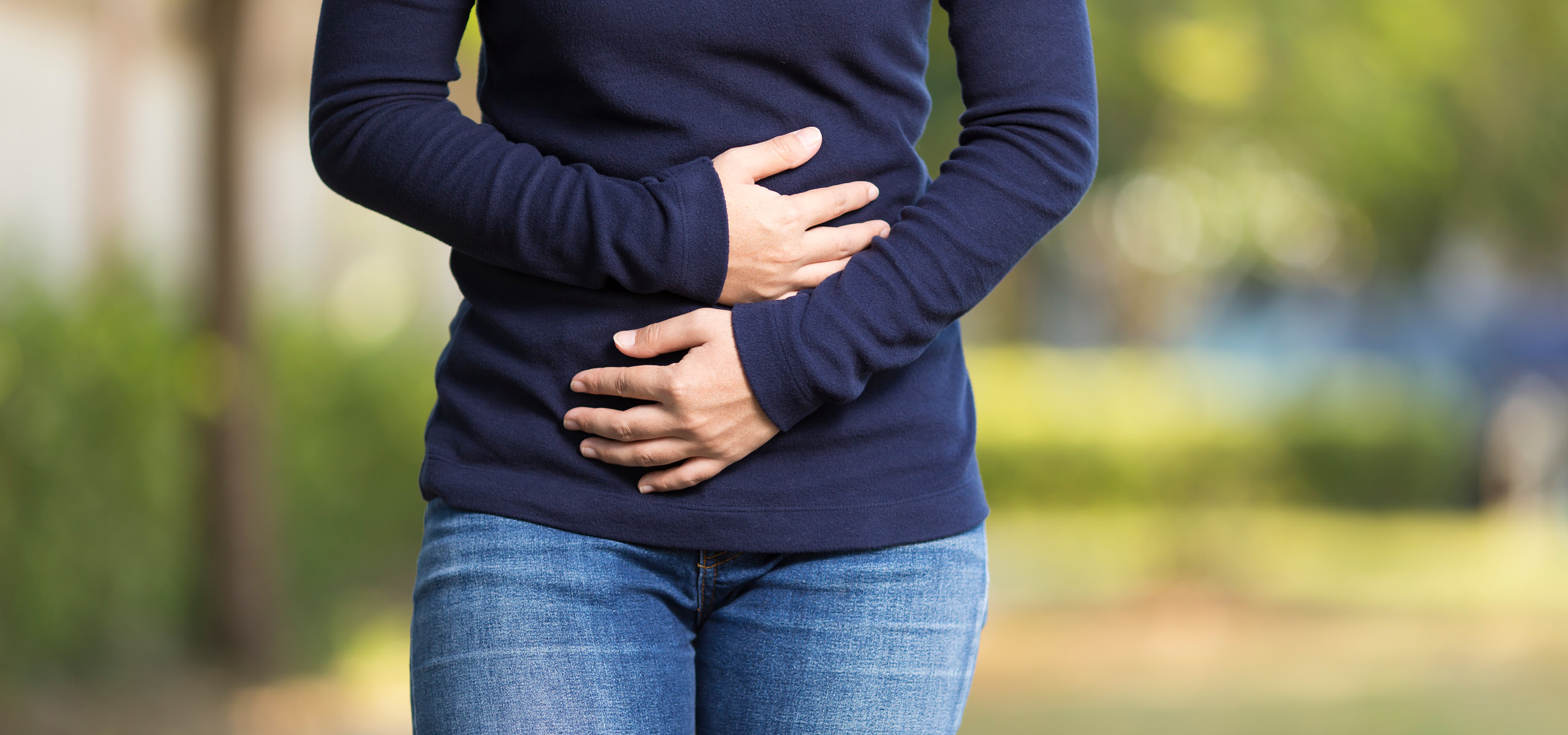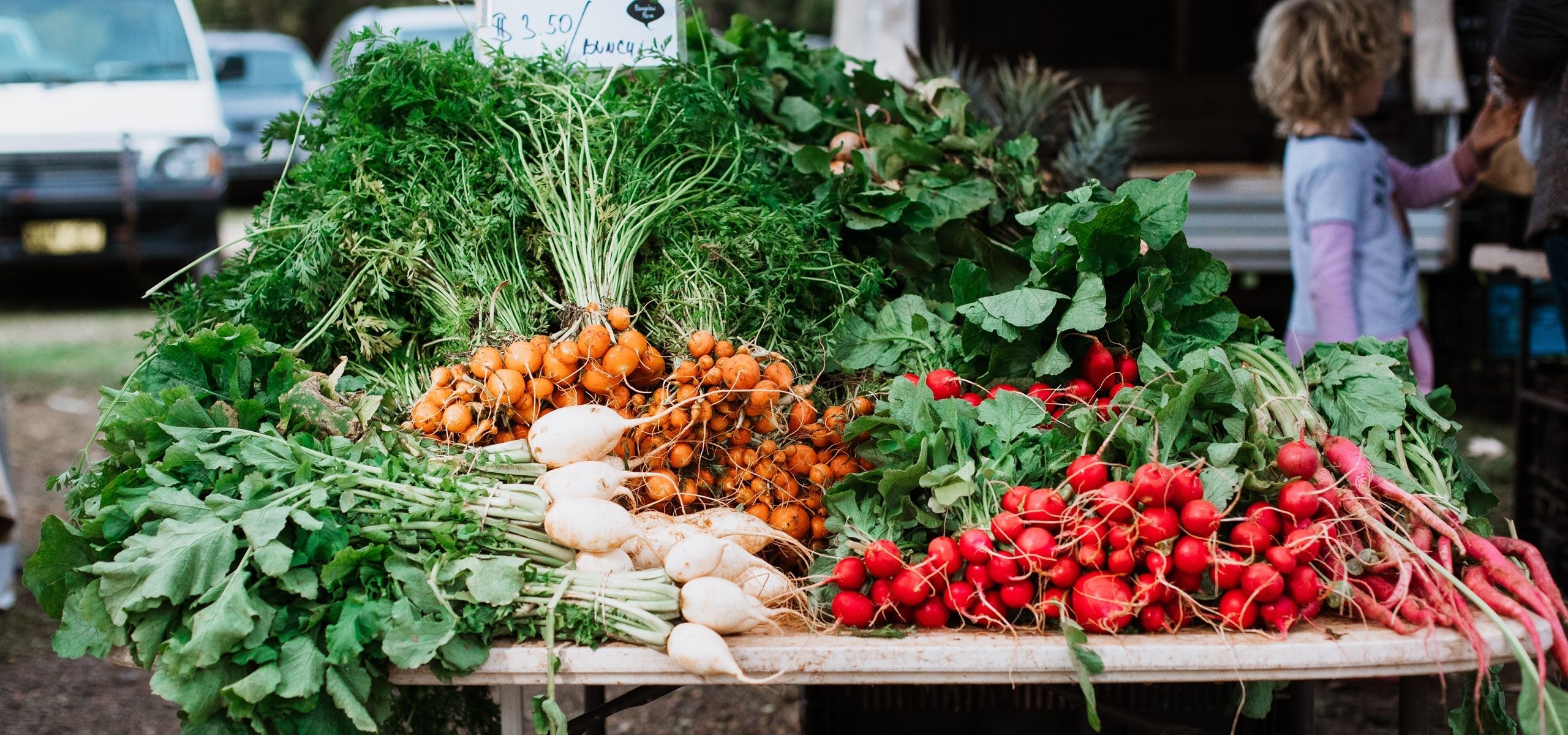Constipation
Regular bowel motions are an essential part of good health, and ideally, you should be able to go to the toilet once or twice a day without needing to strain or experiencing any pain. Sometimes you might need a helping hand with dietary and lifestyle changes. Also consider the probiotic strain Bifidbacterium animalis ssp. lactis HN019, which can help relieve constipation that’s characterised by a slow intestinal transit time.

What is constipation?
Under normal circumstances, healthy people pass bowel movements regularly, and without experiencing any discomfort. Constipation is the term used to describe difficulty defecating, and refers to bowel movements that are infrequent and/or difficult to pass. The associated faeces are often hard or dry in texture when they’re finally excreted.1

What causes constipation?
Being constipated is usually an indication that you’re not eating enough fibre and/or drinking enough water. Not getting enough exercise can also contribute, as can being elderly.1
In other cases, bowel movements become difficult to pass because of:
- Pressure or obstruction
- Lack of tone or strength in the abdominal muscles (which is needed both to propel the faeces through the intestines in a process called peristalsis and to expel the faeces when going to the toilet)
- A change in routine, or habitually delaying going to the bathroom1
From a naturopathic perspective, constipation may also be caused by disruption of the intestinal bacteria, poor digestive function, or sluggish liver function.2
In traditional Chinese medicine (TCM), constipation is commonly viewed as being caused by an excess of heat in the body, which can dry out the body fluids, harden the stool, impede the muscle movements of the intestines and make it difficult to move the bowels.
Complementary therapies for constipation
Bifidbacterium animalis ssp. lactis HN019 and constipation
Probiotics found in Fusion’s GutBiotic 60 Billion and Probiotic Advanced maintain the health of the digestive system and gut flora.
They also contain a particular probiotic strain called Bifidbacterium animalis ssp. lactis HN019, which helps increase the speed at which faeces move through the bowel, thus relieving constipation.

Diet and lifestyle recommendations for constipation
- A healthy, fibre-rich diet forms the foundation of healthy bowel habits, so make sure to include plenty of fresh fruit and vegetables in your diet, and to also eat regular servings of wholegrains, legumes, nuts and seeds
- Your fluid intake is important too – aim to drink around two litres of water every day
- In TCM, foods that are glossy or slippery in texture are traditionally regarded as having lubricating effects on the intestines and helping to relieve constipation, so spinach, honey and bananas are good foods to include in your diet. (Try drinking warm water with a spoonful of honey in it before going to bed)
- Other foods Chinese herbalists recommend when you’re constipated include naturally sweet and moisturising fruits such as peaches, apricots, pears and figs, and nuts and seeds such as almonds, walnuts, pine nuts, pistachios and black sesame seeds
- On the other hand, sour and astringent foods such as lemons, limes, pickles and vinegar are traditionally best avoided when you’re constipated, according to Chinese medicine
- Always go to the toilet as soon as you can after experiencing the urge to encourage your body to get out of the habit of ‘holding on’
- Strengthen and tone your abdominal muscles by staying active and exercising regularly
Always read the label and follow the directions for use.
References
- Victoria State Government. Last updated August 2014 and accessed February 2021 from betterhealth.vic.gov.au/health/ConditionsAndTreatments/constipation
- Hechtman L. Clinical naturopathic medicine. Chatswood: Elsevier Australia, 2012.






















